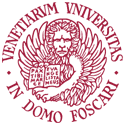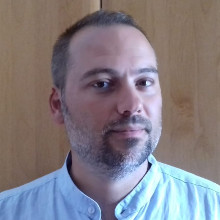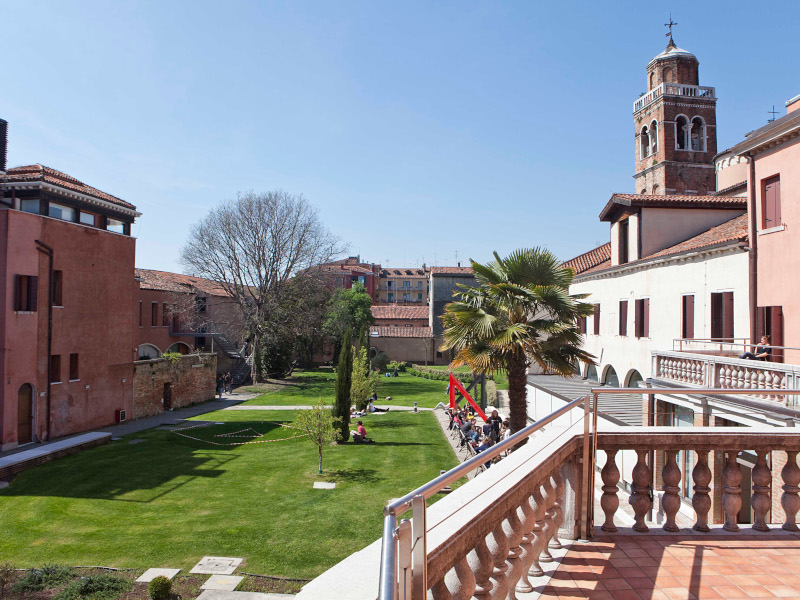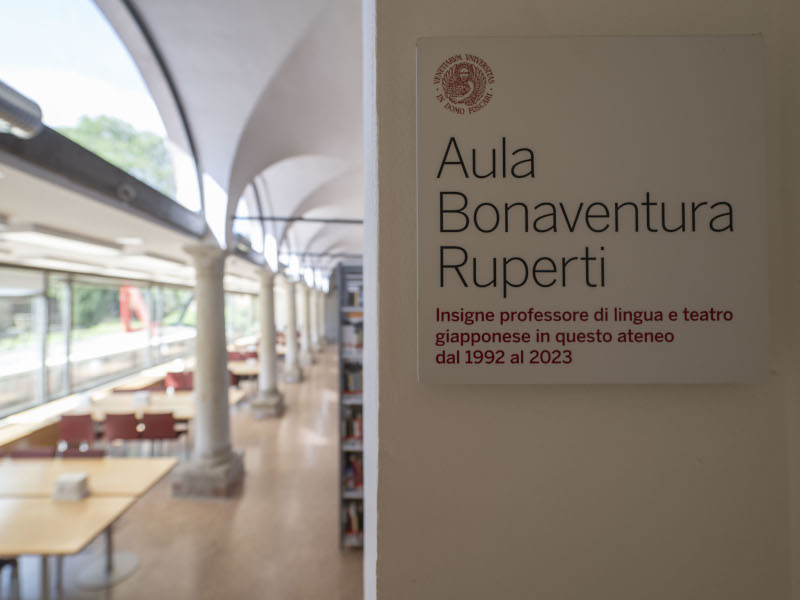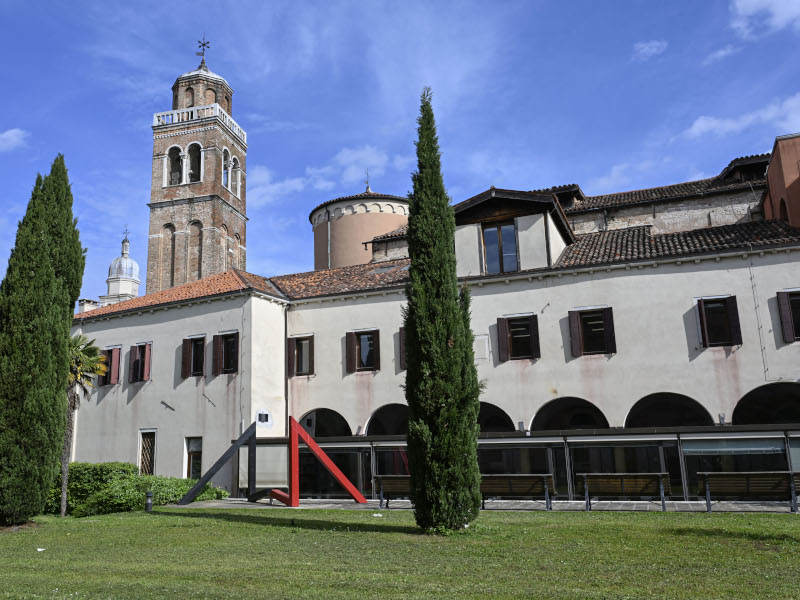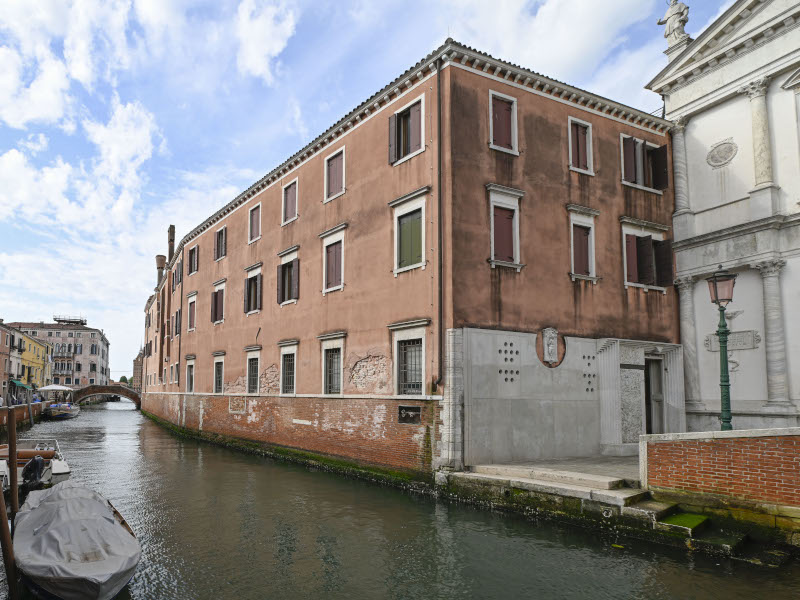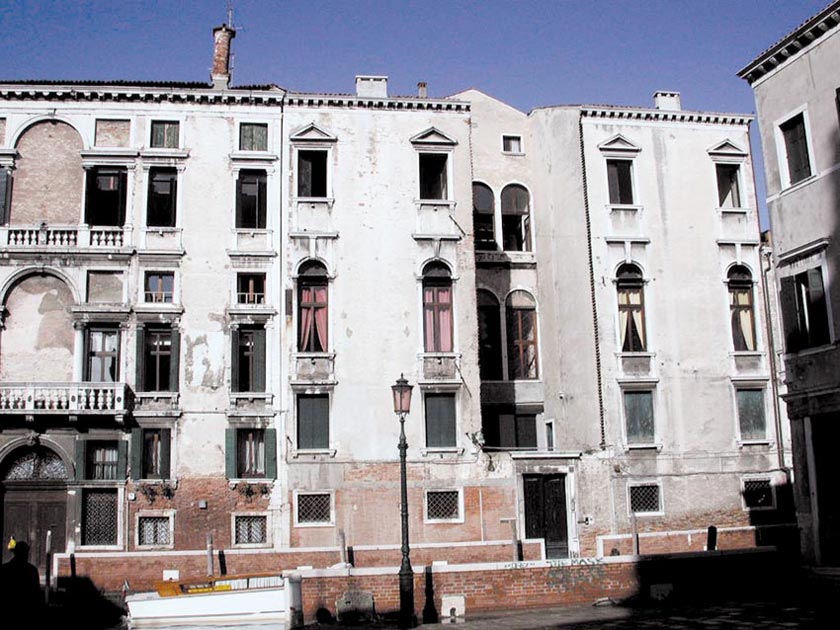Presentation
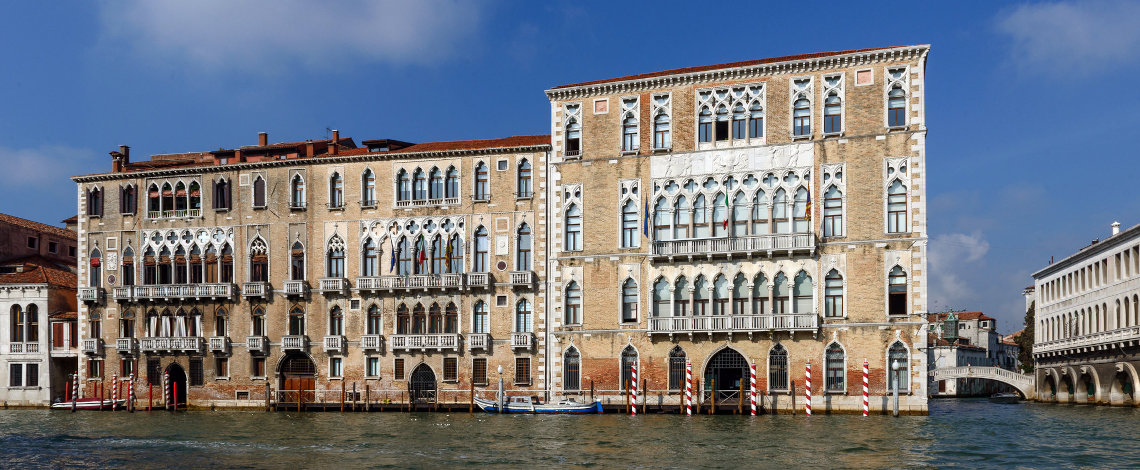
Why choose this programme
you will study in Venice, the home of Marco Polo. This cosmopolitan city boasts a rich history of trade with the East and a deep-rooted tradition in teaching the languages of Asia and Mediterranean Africa
Overview
This programme allows you to explore or expand your knowledge of the key Eastern civilisations, including their distinct cultural and social values. By selecting one of six available curricula, you will gain the ability to analyse and understand various aspects of the languages and cultures of China, Korea, Japan, India, South-East Asia, the Middle East, Africa, and Eurasia.
Beginning with the study of languages – which will enable you to analyse both oral and written sources – the programme will guide you in exploring the different aspects that define these civilisations, such as literature, history, philosophy, art, and politics. In this way, you will complete your preparation and be able to pursue your personal interests more deeply.
Opinions
Programme coordinator
“This programme provides comprehensive training in the languages, cultures, and societies of Asia and North Africa. With six dedicated curricula, it combines language study with cultural, historical, and social analysis, enriched by studying and undertaking internships abroad in Asian and North African countries.”
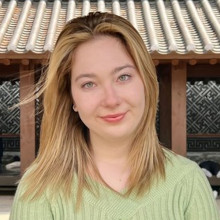
Nicole Moneglia
Student
“With native-speaking lecturers, you can learn effectively and authentically through interactive, conversation-based classes. The education is complemented by courses in history, literature, art history, philosophy, and religion, which give you a 360-degree understanding of the country's culture and society.”
International network, experience abroad and employment
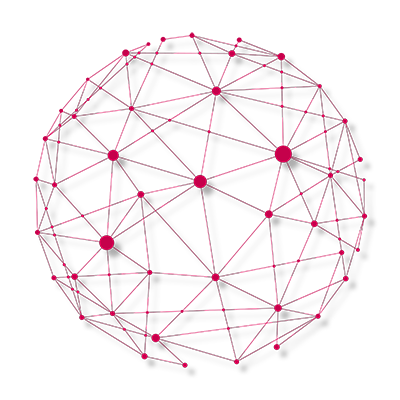
You can apply to spend part of your curriculum abroad by participating in international programmes organised in collaboration with one or more partner universities and leading to a Double Degree or a Joint Degree.
Current Double Degrees:
- Double Degree with Kyungpook National University, South Kore
- Double Degree with Capital Normal University, China
Ca' Foscari has over 1,500 partnerships with international institutions, including programmes like Erasmus+ and Overseas, enabling students to study and intern abroad.
Ca' Foscari's Career Service guides you into the world of work with advice services, CV support, meetings with institutions and companies, and the search for and setup of training internships in Italy and abroad.
What you will study
Study plans for the academic year 2025/2026
You can choose from 6 curricula:
- China, Korea or Japan: each offers a three-year language programme selected respectively from Chinese, Korean or Japanese, plus a second one-year language course chosen from: Ainu, Arabic, Armenian, Cantonese, Chinese, Korean, Hebrew, Japanese, Hindi, Mongolian, Modern Greek, Persian, Sanskrit, Thai, Tibetan, Turkish, Urdu Vietnamese.
- India and South-East Asia: two three-year language programmes selected from Hindi, Persian, Sanskrit, Thai, Urdu, Vietnamese, and Chinese (each spanning two years with two annual courses worth 18 credits). Introductory courses in Pali and Tibetan are also available.
- Middle East and Africa: first language Arabic (three years of Literary Arabic and two compulsory years of a dialect variety) plus a second one-year language chosen from Armenian, Hebrew, Persian, Turkish, Urdu. Introductory courses in Syriac, Coptic, Ethiopic and Swahili are also available.
- Eurasia: first language chosen from Armenian, Hebrew, Modern Greek, Persian, Russian, Turkish. Second language (for two years) chosen from Arabic, Armenian, Hebrew, Modern Greek, Persian, Russian, Turkish. Introductory courses in Azeri, Coptic, Mongolian and Syriac are also available.
After graduation
intercultural communication roles in cultural and museum institutions, national and European public bodies, international organisations, social and cultural cooperatives, and private schools both in Italy and abroad
Where
Department of Asian and North African Studies
San Sebastiano, Dorsoduro 1686, Campo San Sebastiano, 30123 Venice (Italy)
Contacts
Linguistic Campus
ADiSS - Linguistic Campus
Polo didattico San Basilio [ITA], dock no. 5, 30123 Venice (Italy)
Campus services: campus.linguistico@unive.it
Linguistic area internships: stage.campuslingue@unive.it
Information tutors: tutor.campuslingue@unive.it
Services for students and appointment reservation
Degree programme website (permalink): www.unive.it/degree/ltr40
